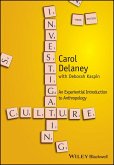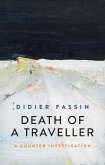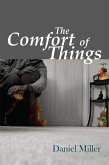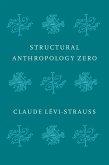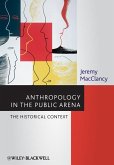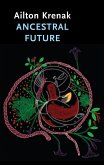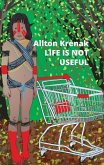This book is a highly original exploration of what life could and should be. It juxtaposes a philosophical enquiry into the nature of the good life with an ethnography of people living in a small Irish town.
Attending carefully to the everyday lives of these people, the ethnographic chapters examine topics ranging from freedom and inequality to the creation of community and the purpose of life. These chapters alternate with discussions of similar topics by a wide range of philosophers in the Western tradition, from Socrates and the Stoics through Kant, Hegel, and Heidegger to Adorno, Rawls, MacIntyre, and Nussbaum.
As an ethnography, this book reveals just how much we can learn from a respectful acknowledgement of what ordinary modest people have achieved. By creating community as a deliberate and social project that provides the foundation for a more fulfilling life, where affluence has not led to an increase in individualism, the people in this town have found a way to live the good enough life. The book also shows how anthropology and philosophy can complement and enrich one another in an enquiry into what we might accomplish in our lives.
Attending carefully to the everyday lives of these people, the ethnographic chapters examine topics ranging from freedom and inequality to the creation of community and the purpose of life. These chapters alternate with discussions of similar topics by a wide range of philosophers in the Western tradition, from Socrates and the Stoics through Kant, Hegel, and Heidegger to Adorno, Rawls, MacIntyre, and Nussbaum.
As an ethnography, this book reveals just how much we can learn from a respectful acknowledgement of what ordinary modest people have achieved. By creating community as a deliberate and social project that provides the foundation for a more fulfilling life, where affluence has not led to an increase in individualism, the people in this town have found a way to live the good enough life. The book also shows how anthropology and philosophy can complement and enrich one another in an enquiry into what we might accomplish in our lives.
Dieser Download kann aus rechtlichen Gründen nur mit Rechnungsadresse in D ausgeliefert werden.
'Miller's book is a brilliant case for the importance of a book of praise, as distinct from the customary critique, showing what it means for a society to allow its members a good life in a world of much one-sided individualism.'
Arne Johan Vetlesen, University of Oslo
'Daniel Miller shows us what a truly humane anthropology can be. In an age of rhetorical drama his writing can seem disarmingly modest in tone, but the conversation he prompts between philosophy and fieldwork yields rich ethnographic insights.'
Webb Keane, University of Michigan and author of Ethical Life: Its Natural and Social Histories
'a rich description of cultural life'
The Irish Times
Arne Johan Vetlesen, University of Oslo
'Daniel Miller shows us what a truly humane anthropology can be. In an age of rhetorical drama his writing can seem disarmingly modest in tone, but the conversation he prompts between philosophy and fieldwork yields rich ethnographic insights.'
Webb Keane, University of Michigan and author of Ethical Life: Its Natural and Social Histories
'a rich description of cultural life'
The Irish Times



